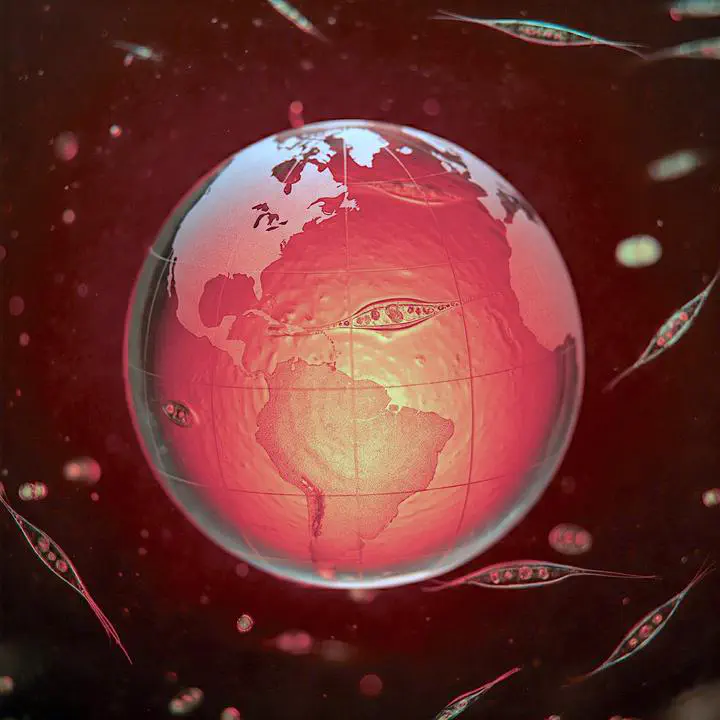Climate Change and Marine Ecosystem Responses

We investigate how climate change impacts phytoplankton in marine ecosystems to inform and refine climate change predictions.
Predicting how marine ecosystems respond to climate change is at the heart of our research. We delve into the complex interactions between environmental shifts and phytoplankton population dynamics, particularly in areas experiencing rapid environmental change, such as ocean transition zone. These zones, hotspots of biodiversity and primary production, are particularly vulnerable. Our research has revealed how physical disturbances and nutrient fluctuations reshape marine communities in these regions, highlighting the critical role of small-sized phytoplankton with rapid growth rates and low nutrient requirements. By integrating high-resolution observations into Earth system models, we are working to develop more accurate and robust climate change predictions.
Our work has profound implications, particularly for tropical regions experiencing severe warming trends. We are especially concerned about potential declines in keystone microorganisms like Prochlorococcus, the most abundant phytoplankton on the planet. Such declines could trigger dramatic cascading effects throughout marine food webs and disrupt global carbon cycling. Ultimately, our aim is to conduct interdisciplinary research that not only advances scientific understanding but also provides crucial insights for informing effective climate mitigation strategies.